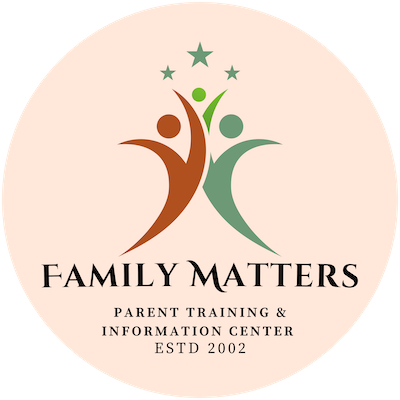Topic of the Month: Understanding Executive Functioning in Students with Disabilities
What is Executive Functioning?
Executive functioning refers to a set of mental skills that help individuals manage their thoughts, actions, and emotions to achieve goals. These skills include:
● Working memory – the ability to retain and manipulate information over short periods.
● Inhibitory control – the ability to resist impulses and distractions.
● Cognitive flexibility – the capacity to shift thinking or adapt to new demands.
These functions are critical for learning, behavior regulation, and social interactions. When students have difficulties with executive functioning, they may struggle with tasks such as organizing their work, following multi-step directions, or regulating emotions.
Why It Matters in Special Education
Executive functioning challenges are common among students with disabilities, particularly those with:
● ADHD
● Autism Spectrum Disorder (ASD)
● Learning disabilities
● Traumatic brain injury
Understanding how these challenges impact daily functioning can help educators and families better support students with personalized strategies and interventions.
Strategies for Support
Visual Schedules and Checklists
Help students plan and sequence tasks with visual aids that break down expectations.
Chunking Information
Deliver instructions in small, manageable segments, reinforcing one step at a time.
Use of Timers and Cues
Provide time management tools and environmental prompts to maintain attention and transition effectively.
Modeling and Role-Playing
Demonstrate executive skills like planning or coping with frustration through role play and guided practice.
Goal-Setting and Self-Monitoring Tools
Empower students to set small goals and track their own progress using journals, apps, or reflection sheets.
Final Thoughts
Focusing on executive functioning provides a lens through which we can better understand the behavioral and academic difficulties some students face. Educators play a crucial role in teaching and reinforcing these skills, which are essential for success in school and beyond.
Learn More about Executive Functioning:
Understood
https://www.understood.org/en/articles/what-is-executive-function
CHADD
https://chadd.org/about-adhd/executive-function-skills/
Child Mind Institute
https://childmind.org/article/helping-kids-who-struggle-with-executive-functions/

